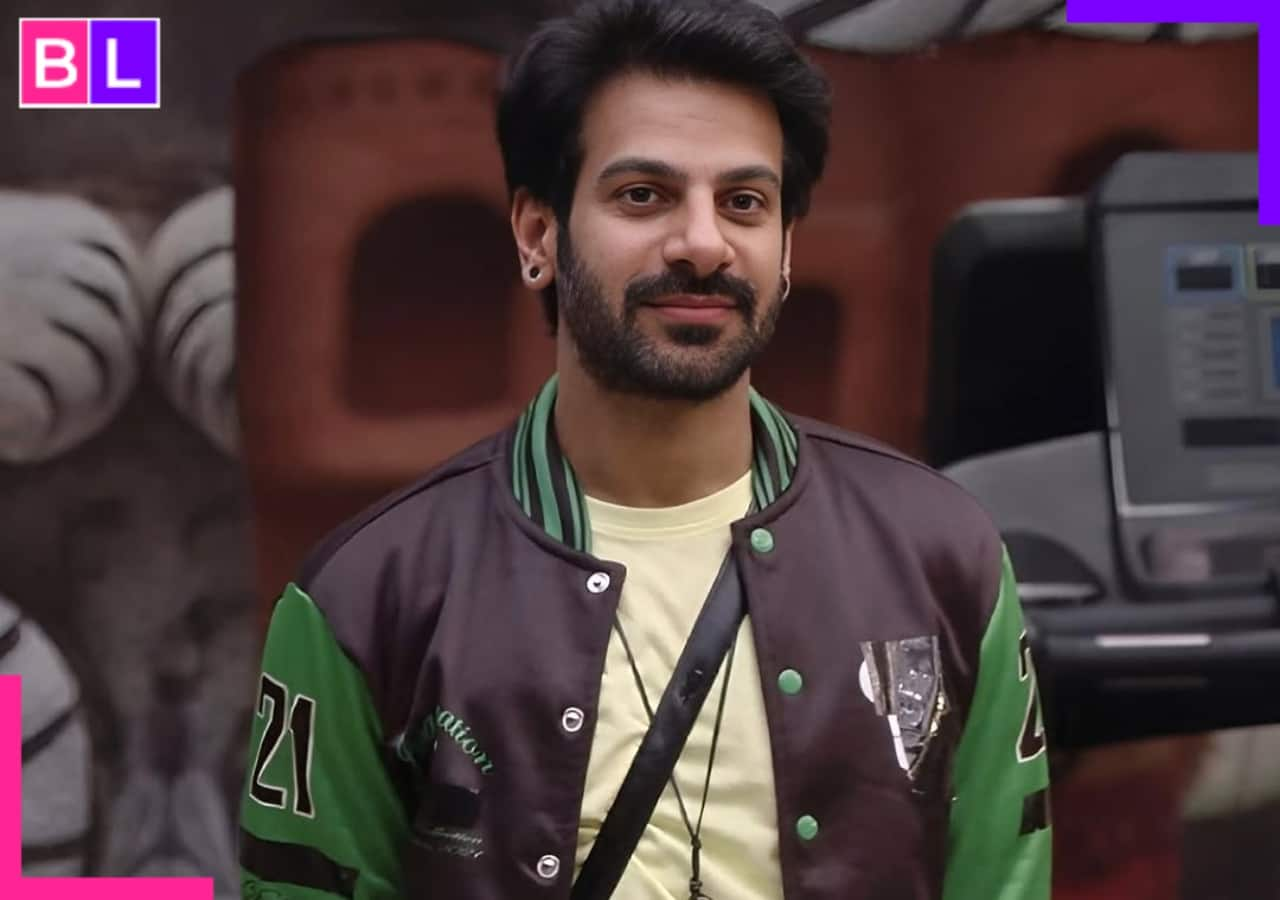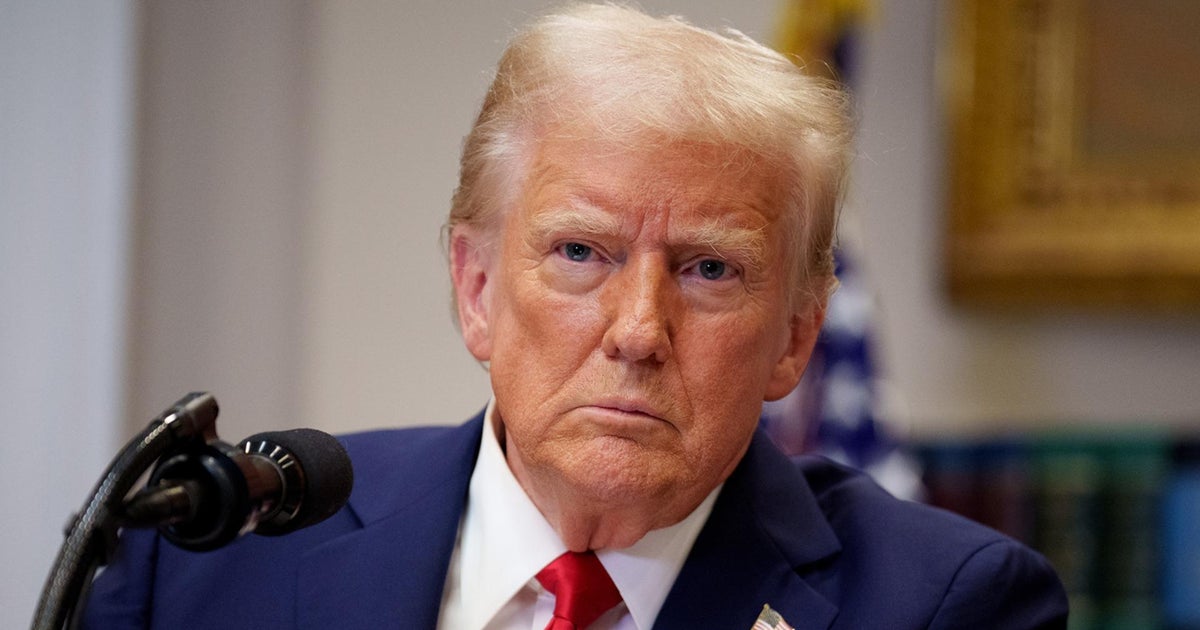Speaking before the election, Macron warned: “If France tomorrow sends a significant contingent of the far right and other big countries do the same, Europe could find itself at an impasse.”
The official winner of the evening looks set to be European Commission President Ursula von der Leyen whose center-right European People’s Party will still make up the single-biggest bloc in Parliament.
The EPP may be the dominant force but it can hardly govern alone as it will be miles from an absolute majority in the chamber.
The main challenge for von der Leyen in the coming days and weeks will be whether she can strike a deal with the traditional centrist parties — the socialists and liberals — to build a majority of 361 or more in the Parliament.
That poses a big question over the extent of Europe’s rightward lurch.
Europe’s center-right is quick to reject the xenophobia and euroskepticism of the far right, but it knows its voters share the same concerns on the cost of living, migration and a sense that Europe’s traditional core businesses — manufacturing and farming — are being strangled by green regulation. Staking out its ground in the culture war over the EU’s identity, the EPP opened its EU election manifesto with its commitment to Europe’s “Judeo-Christian roots.”
But can von der Leyen work with the surging numbers of far-right MEPs now coming into the chamber? In absolute numbers the far-right is set to have nearly as many seats as the EPP, but it is almost inconceivable these far-right parties could work together, as they are sharply divided, most conspicuously by their view of how to deal with Russia.
Certainly, many — such as AfD — are too toxic for von der Leyen to deal with. She has, however, flirted with Italian Prime Minister Giorgia Meloni and her Brothers of Italy party in the European Conservatives and Reformists (ECR) group.







